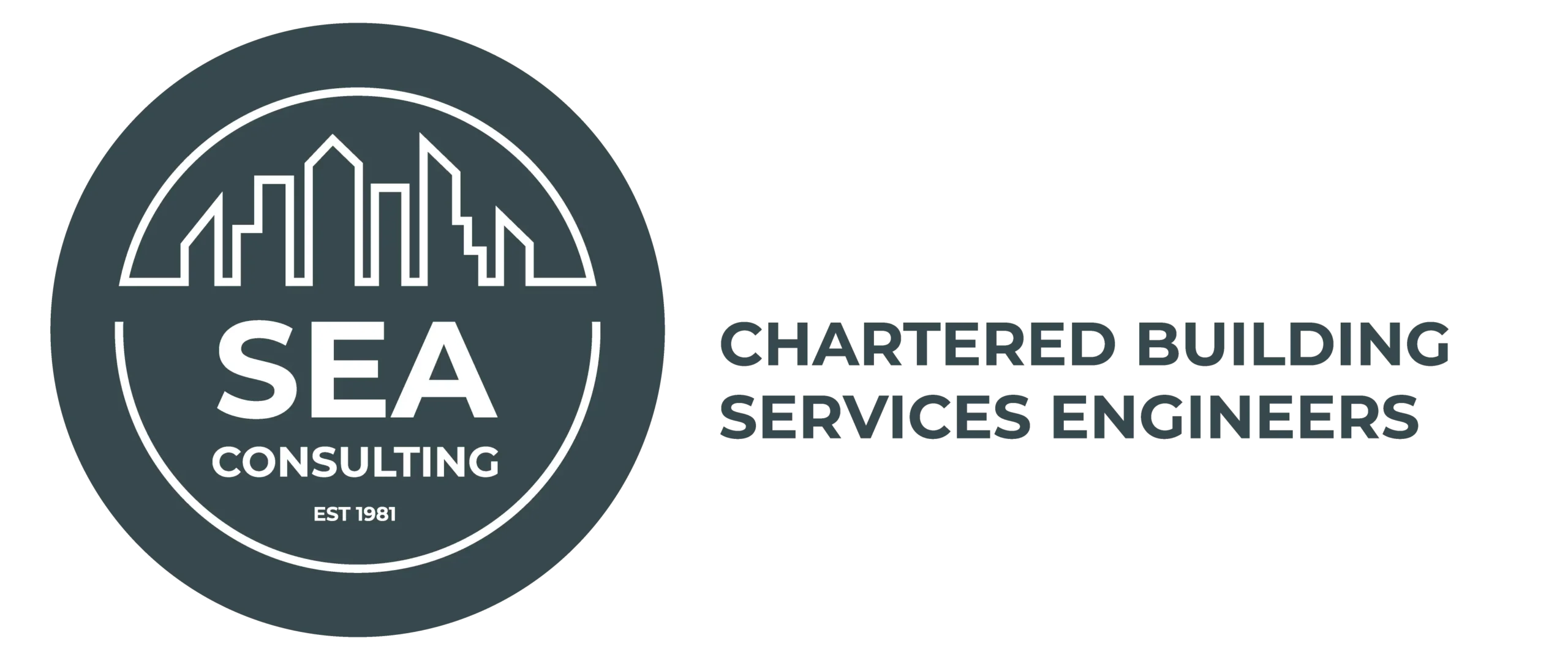ESG Building Reports
Ensure your business is meeting its environmental and social goals Discuss your projectEnvironmental, Social and Governance (ESG) Building Reports |
Environmental, Social and Governance (ESG) Building Reports
COP28 saw 200 nations agree to end the use of fossil fuels in energy systems and triple the capacity of renewable energy by 2030. Additionally, 28 countries including the UK, have agreed to try and facilitate the universal adoption of zero emissions buildings by 2030.
The UK has set the target of reducing CO2 emissions by 80% on 1990 levels by 2050. The Mayor of London has set an additional target of reducing building CO2 emissions by 60% by 2025.
With growing concerns about social and environmental issues as well as more attention being given to corporate governance and legal obligations on companies to disclose climate-related information, has led to greater interest in how companies should operate in a responsible way. Companies are increasingly expected to consider purpose as well as profit, and the future of our planet and its people. All these various issues are collectively referred to as Environmental, Social and Governance (ESG).

In recent years, the term ESG has gained significant traction in the business world. But what exactly is ESG, and what exactly does it mean for businesses in terms of their compliance?
ESG stands for Environment, Social, and Governance.
Environment: This pertains to a company’s sustainability practices, its carbon footprint, and its overall impact on the planet.
Social: This aspect focuses on a company’s relationship with its community, workforce, customers, and suppliers.
Governance: This deals with a company’s internal rules, processes, contracts, and other regulatory aspects.
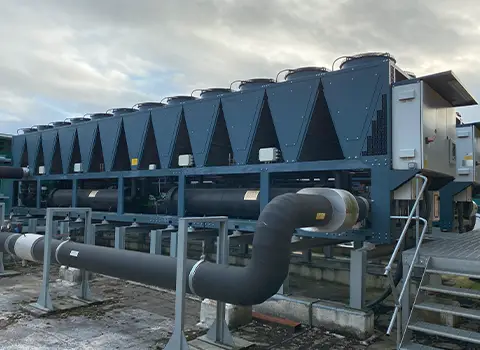
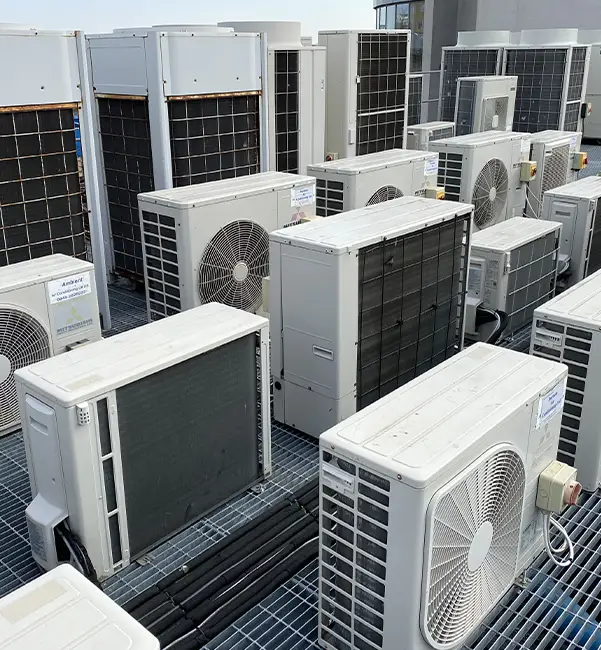
The Growing Importance of ESG
While ESG might seem like a side project for some, it’s becoming central to how businesses operate. Large companies, especially in the UK, are now facing significant changes in their reporting requirements. Under the guidance of the Financial Reporting Council (FRC), these companies are required to disclose specific ESG-related information. This trend is not just limited to large corporations. As the world moves towards net-zero carbon emissions, even SMEs will likely face similar requirements in the future.
For businesses, ESG is not just about compliance; it’s an opportunity. Early adopters stand to gain a competitive advantage. They can attract a new, conscious customer base, foster stronger community relations, and build a sustainable future for their business.
How Can SEA Consulting Help?
The Greenhouse Gas Protocol is the most widely used accounting standard for the Environment aspect of ESG reporting. Which uses 3 scopes for measurement.
With 40% of CO2 emissions in the UK associated with heating and lighting buildings, this is a major area for companies to address. ESG reporting is not just about a property that the business occupies, it also relates to properties they own and rent, and properties occupied by suppliers in their supply chain.
Wherever your building(s) sits in this matrix, SEA Consulting can be a significant asset when dealing with CO2 emissions from buildings. We can help identify major sources of CO2 emissions and advise on an efficient course of action in reducing them.
With ESOS and SECR reporting now being mandatory for large companies, a solid environmental reporting framework needs to be achieved by quantifying relative CO2 emissions in buildings and identifying strategies using key performance indicators.
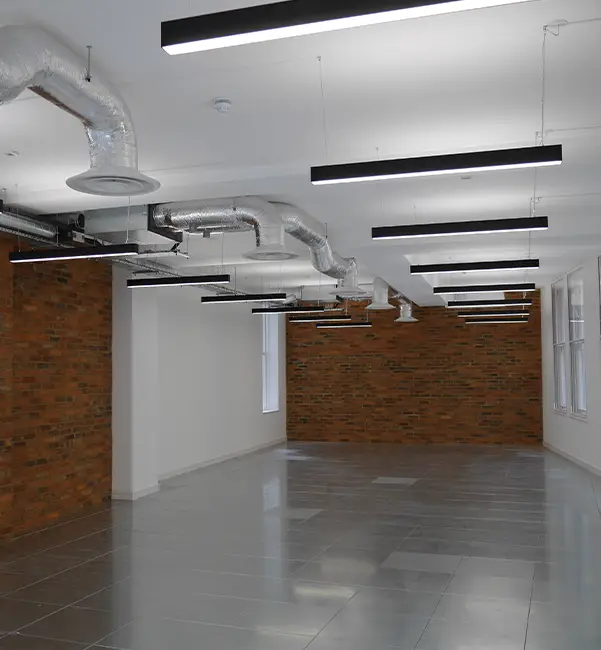
Using the electricity/gas meter data to estimate CO2 emissions is accurate but will vary wildly depending on occupation levels from year to year, making it difficult to quantify any building CO2 saving measures introduced and compare over time.
For this reason, companies are using the Governments National Calculation Methodology that estimates a buildings CO2 emissions, and is used for building regulation compliance. This is commonly know as the Energy Performance Certificate (EPC) legislation, which operates in conjunction with the Minimum Energy Efficiency Standards (MEES) framework.
Using 3 Modelling software, EPCs produce a A-G rating based on the estimated CO2 emissions produced by a building at full occupancy. This can be used to easily assess a buildings CO2 levels, identify areas for improvement and measure the impact of any improvements. This makes CO2 saving measures an easier exercise to quantify for reporting purposes.
The government has stated that all properties will need reduce their CO2 emissions. It is using the EPC / MEES legislation to force companies to improve commercial buildings so that they achieve a minimum EPC rating of a B in 2030 in order to be able to let them.
For more information on EPCs and MEES – Click here
In the UK, Retail, Office and Industrial space accounts for 75% of commercial properties by number. With commercial property market being a rental market, nearly all these properties will need to achieve a B rating by 2030.

EPC+ / MEES Improvement Reports
SEA Consulting is producing EPC+ / MEES Improvement Reports for our clients. These reports are designed to show landlord/tenants how they can improve the EPC rating. They highlight the financial implications and the potential impact to the building’s CO2 emissions.
These reports provide the following benefits:
- Can provide the foundation to demonstrate your own commitments to CO2 reductions in your own buildings derived Scope 2 emissions. Your Scope 2 CO2 reductions are planned measurable and costed.
- Can be used to support finance applications, assess strategic investment decisions, plan capital expenditure outflows and demonstrate to investors an organizations commitment to maintaining asset values and comply with future legislative requirements.
- Can be used to feed into your customers/suppliers for the own ESG reporting on Scope 3 emission. By demonstrating a clear understanding of your own asset as part of you Scope 3 emissions and making that transparent, you make your business an asset to their other supply chains. You can differentiate yourself from your competitors whether you are a supplier or a landlord.
- Identify potential business opportunities to supply tenants with reduced CO2 and running costs to help tenant retention. This promotes a collaborative approach to building occupation, helping tenants achieve and manage their own ESG plans, Net Zero goals and CO2 emission reporting.
- A single EPC band improvement can increase property value by 3.7% and rental income by 4.2% according to a JLL report. (Link to JLL report)
For more information on EPC+ / MEES Improvement Reports– Click here
ESOS / SECR
Large organizations in the UK have to comply with SECR and ESOS, which are whole organization encompassing environmental assessments rather than just buildings related assessments. They have slightly different criteria and focusses, but both are there to improve an organizations energy usage and carbon emissions. In order to comply with these assessments, organizations need a recognized methodology by which to assess their carbon and greenhouse gas emissions.
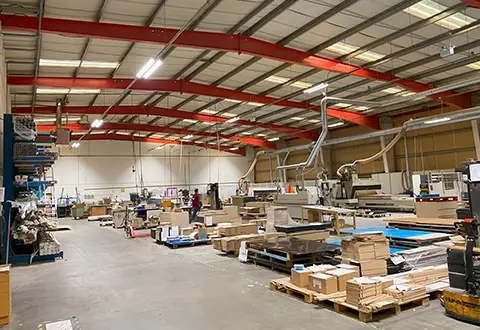

BREEAM
BREEAM stands for “Building Research Establishment Environmental Assessment Method”
BREEAM certification can be great for marketing available space and on average it can add 11.6% to an assets value and 4.5% on rental returns according to a JLL report. (Link to JLL report)
Used in more than 70 countries, BREEAM is the world’s leading and most widely respected environmental assessment methodology for buildings. Introduced in 1990 BREEAM sets the standard for best practice across sustainable design and performance across a broad set of criteria supporting Net Zero, health and social impact and whole life performance of a building.
Incorporating BREEAM certification in to your project brings major benefits that are internationally recognised.
At SEA we support BREEAM Certification and are here to guide you through the process. Maximise the opportunity that a refurbishment presents to create an outstanding asset rather than merely a good one.
TM44 Air Conditioning Inspections
Commercial buildings with air conditioning require a TM44 Air Conditioning inspection every 5 years. What is not understood is that these inspections are designed to spot equipment not running at optimal efficiency and identify equipment that is leaking “fugitive” emissions. The refrigerants used withing Air Conditioning systems are very harmful to the atmosphere. If released into the atmosphere they typically have the equivalent global warming potential around 2,000 times that of CO2.
As part of the scope 1 emissions, a TM44 inspection can help demonstrate your commitment to responsible environmental best practice as well as reducing running costs. As we increasingly migrate to heat pump technology, regular testing and inspection will be key to mitigate significant environmental damage caused by neglected equipment.
At SEA, our in house assessors can carry out these inspections for you and help make your buildings run more efficiently with reduced carbon emissions.
For more information on TM44 Air Conditioning Inspections – Click here
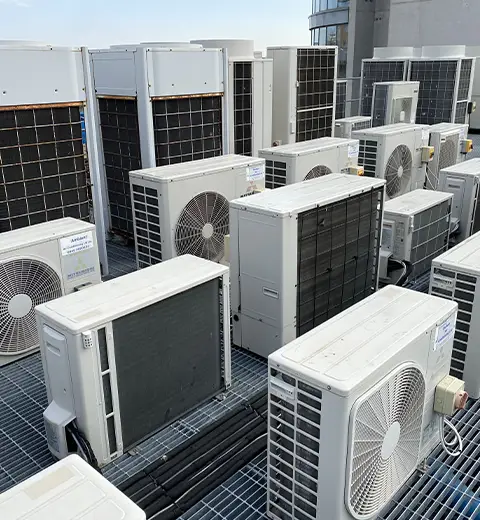
Frequently Asked Questions About ESG Building Reports
What are ESG Building Reports?
ESG Building Reports evaluate a building’s performance in environmental, social, and governance areas. These reports help property owners and investors understand and improve their sustainability practices, ensuring compliance with regulatory standards and enhancing overall value.
Why are ESG Building Reports important?
ESG Building Reports are important because they provide insights into a building’s sustainability and social impact. They help stakeholders make informed decisions, improve operational efficiency, and meet growing demands for transparency and responsible management.
What does an ESG Building Report typically include?
An ESG Building Report typically includes assessments of energy efficiency, water usage, waste management, indoor air quality, social impact initiatives, governance practices, and compliance with relevant regulations and standards.
How can ESG Building Reports benefit property owners?
ESG Building Reports benefit property owners by identifying areas for improvement, enhancing sustainability, reducing operational costs, attracting eco-conscious tenants, and boosting the property’s marketability and long-term value.
How do ESG Building Reports help with regulatory compliance?
ESG Building Reports help with regulatory compliance by assessing the building’s adherence to environmental, social, and governance standards. They provide actionable recommendations to ensure compliance with local, national, and international regulations.
What role do ESG Building Reports play in investment decisions?
SG Building Reports play a crucial role in investment decisions by providing detailed information on a building’s sustainability and governance practices. Investors use these reports to evaluate risks, identify opportunities for improvement, and make responsible investment choices.
Can ESG Building Reports help improve energy efficiency?
Yes, ESG Building Reports can help improve energy efficiency by identifying inefficiencies and recommending energy-saving measures. These improvements can reduce operational costs and environmental impact, contributing to a more sustainable building.
How do ESG Building Reports support social initiatives?
ESG Building Reports support social initiatives by evaluating factors such as community engagement, employee well-being, and tenant satisfaction. These insights help property owners implement programs that enhance social impact and foster positive relationships with stakeholders.
Why is governance important in ESG Building Reports?
Governance is important in ESG Building Reports because it ensures that the building’s management practices are ethical, transparent, and accountable. Strong governance practices mitigate risks, build trust with stakeholders, and ensure long-term sustainability.
How often should ESG Building Reports be updated?
ESG Building Reports should be updated regularly, typically annually, to reflect changes in building performance, regulatory requirements, and stakeholder expectations. Regular updates help maintain compliance and continuously improve sustainability practices.
